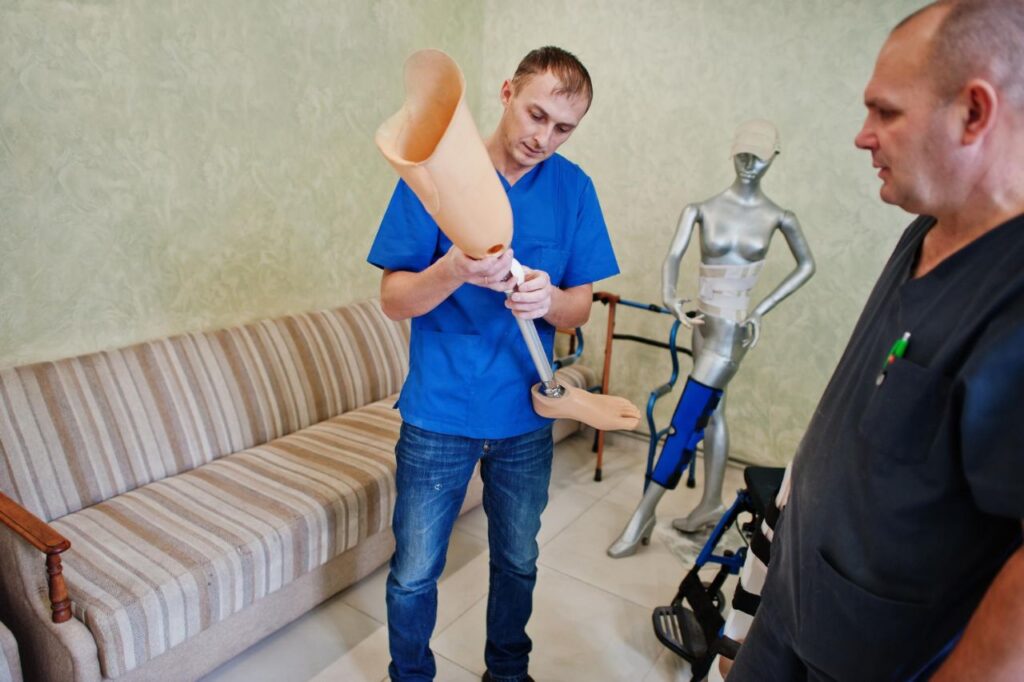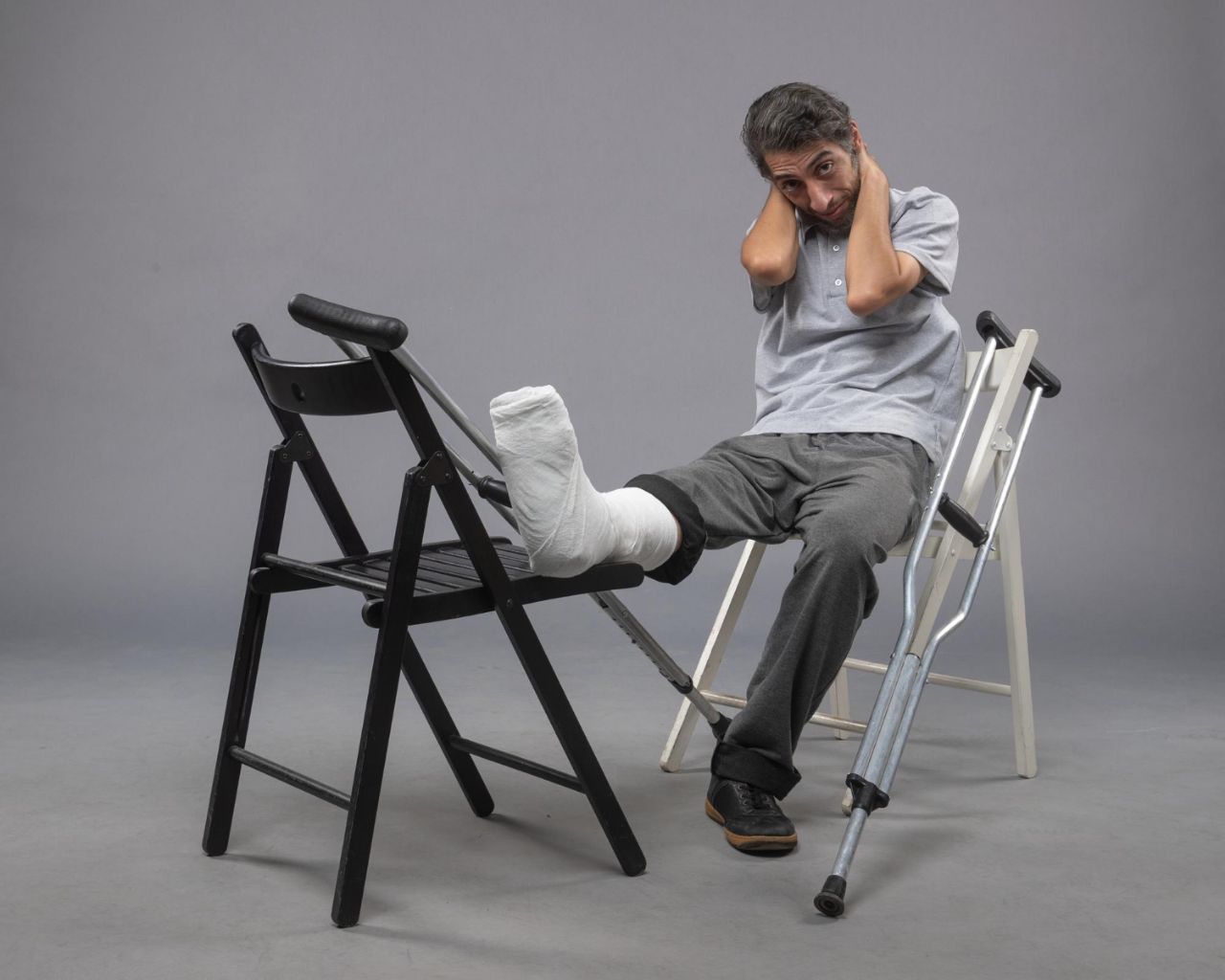Ligament injuries have serious psychological effects on patients undergoing rehabilitation in addition to their physical negative effects. Ligament injuries, such as those to the ACL, MCL, or PCL, can cause a variety of emotional reactions, such as anger, worry, and sadness. Successful rehabilitation outcomes depend on an understanding of and attention to these psychological factors. This article will discuss the value of psychological factors in the rehabilitation of ligament injuries and how taking care of them can speed up the healing process in general.

Recognizing the Psychological Effects:
When someone is diagnosed with a ligament damage, their emotions can run the gamut. Their abrupt inability to move about, be independent, or engage in things they enjoy can cause them to experience anxiety, anger, and grief. These feelings may also be made worse by the uncertainty surrounding the severity of the injury and the length of the recovery period. In order to provide a supportive atmosphere for their patients, healthcare professionals—including physiotherapists—must recognise and validate these feelings.

Fear of Re-Injury:
Fear of re-injury is one of the biggest psychological obstacles to healing. Following a ligament injury, people could become extremely cautious when moving, worried that one misstep could cause more harm. Because of this dread, patients may be reluctant to push themselves during workouts or resume once-enjoyed activities, which might impede their recovery. Physiotherapists must help patients progressively develop confidence in their injured joint by teaching them about the healing process and providing progressive exercises.

recovery’s Emotional Rollercoaster:
After a ligament damage, recovery is frequently a journey with ups and downs. Setbacks are frequent, and progress could be sluggish. Patients must be made aware that setbacks are normal during the healing process and do not indicate failure. But dealing with these setbacks can be difficult, and patients might need more encouragement and support from their medical team. Individuals can maintain motivation and focus on their rehabilitation goals by establishing reasonable expectations and acknowledging minor accomplishments along the way.

The Function of Support Systems:
Throughout the rehabilitation process, an individual’s psychological health can be greatly impacted by the presence of a robust support network. To help patients overcome the obstacles of recovery, family members, friends, coaches, and medical experts can offer support, inspiration, and useful advice. Making connections with people who have sustained comparable injuries can also offer a feeling of support and validation. Physiotherapists can help patients create support systems and give them resources to get more help if they need it.
Overcoming Psychological Obstacles in Rehabilitation:
Adding psychological techniques to rehabilitation regimens can boost patient outcomes and general wellbeing. Goal-setting, encouraging self-talk, and visualisation are examples of cognitive-behavioral strategies that can help people manage stress, anxiety, and unfavourable thought patterns. Additionally helpful in promoting emotional stability and easing physical stress are mindfulness and relaxation exercises. Moreover, educating patients about the significance of mental health in the healing process might give them the confidence to actively manage their psychological wellbeing.

In summary
, a person’s psychological health is greatly impacted by ligament injuries in addition to their physical effects. It is imperative to attend to the psychological dimensions of rehabilitation in order to foster resilience, motivation, and comprehensive recuperation. Physiotherapists can design individualized rehabilitation programs that help both the physical and psychological components of healing by having a thorough awareness of the emotional issues that patients confront. People can overcome the psychological obstacles to rehabilitation and resume an active and satisfying life with cooperation, support, and a comprehensive approach to care.

